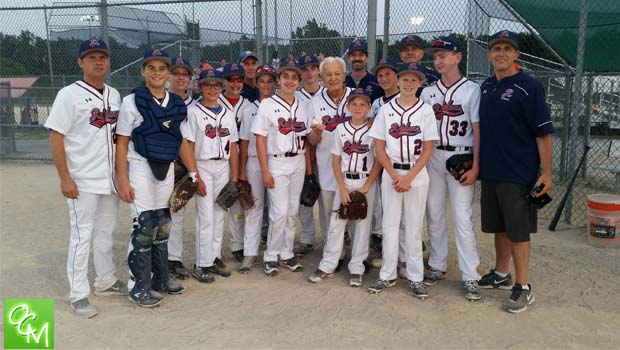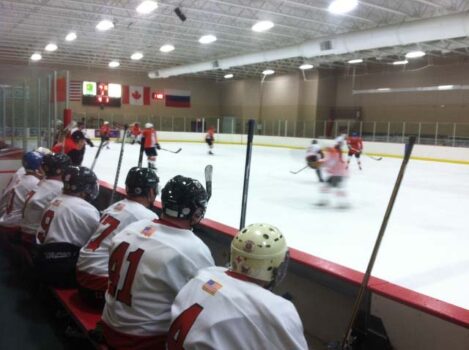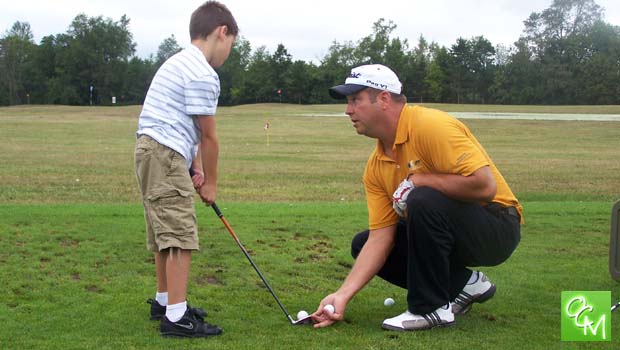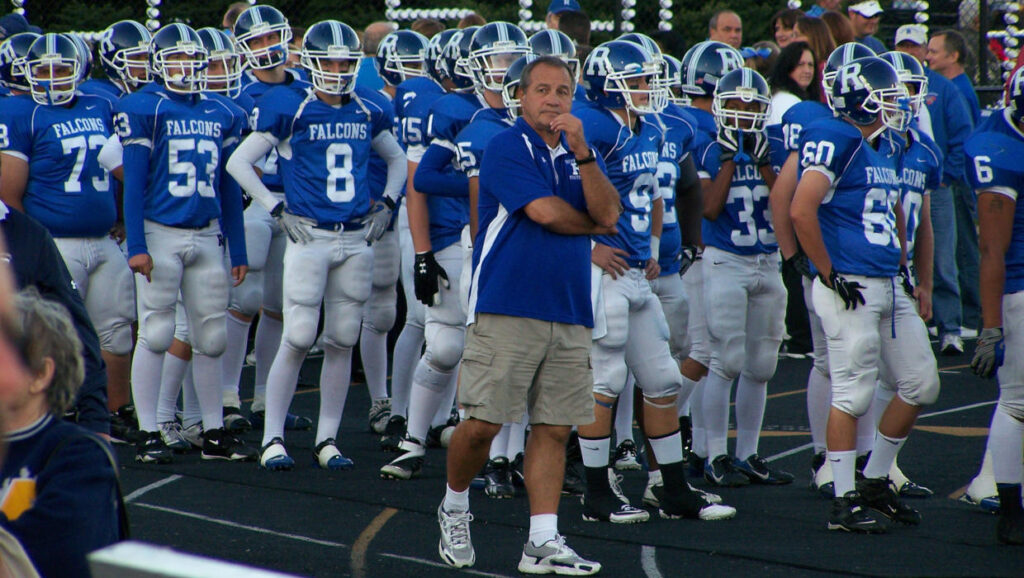Sports Psychology for Kids – Sports Psychology isn’t limited to professional athletes seeking an edge. Sports Psychology for kids is becoming popular as a means for kids to avoid youth sports burnout, improve motivation, and increase focus.

I had a chance to interview Sports Psychologist Dr. Jared Wood about parental involvement in youth sports, sports psychology for kids, and the psychology of youth sports in general. Dr. Jared Wood successfully counseled my niece by helping her cope with the burnout of her high school diving. After speaking with Dr. Wood, my niece continued her diving and went on to become a high school state diving champion and received many college scholarship offers.
Youth sports clearly “aren’t what they used to be” in terms of the pressure children face. I wanted to talk to Dr Wood more about sports psychology for kids and how it can be used to ease the pressure many children face, and even help them improve at their chosen sport.
OAKLAND COUNTY MOMS FAMILY HEALTH ARTICLES
Sports Psychology for Kids
Glen LaGrou of Oakland County Moms – Is there a “right” age parents should look for in regards to getting their kids involved in youth sports?
Dr. Jared Wood, Sports Psychologist – I’ve seen some good programs for toddlers, so I’m not sure it’s ever too early to get started with sports. The key is to match expectations of the program with child development. I believe that sports should always teach life lessons, even at the professional level. Early in life, life lessons to be learned from sports include patience (waiting your turn), listening, following directions, teamwork, and commitment to an effortful learning process. So if a program delivers on those lessons, it’s probably never too early to get started. Perhaps most importantly, healthful physical fitness habits learned in childhood tend to carry forward into adulthood. I read today that the annual cost of obesity to the US health care industry is $127 billion. This number stems from health complications related to a poor diet and low physical activity. Thus, encouraging early development of healthful physical habits is incredibly important to long-term health, and dare I say, in light of the cost of unhealthy habits, a social responsibility. In most cases, getting kids started in sports early is a good thing.

Glen LaGrou of Oakland County Moms – What type of motivation should parents look for in children pursuing youth sports? Is there a youth sports psychology for kids approach to motivation that can used even among the youngest athletes?
Dr. Jared Wood, Sports Psychologist – From a motivation standpoint, parents should look for two important things. First, even though children often gravitate toward their parents interests, we can never really predict the activities that might inspire our kids. Allowing children to play a variety of sports (and other activities for that matter) allows them an opportunity to discover what they enjoy. A child’s love for their sport is as important as any factor to long-term athletic development. Children should pursue sports they find fun, challenging, and exciting. They should also enjoy the learning process involved in the sport.
Second, children should be encouraged to pursue mastery (i.e., performing the skills of the sport correctly) rather than outcomes (i.e., winning or placing first). I’m not suggesting that competition or playing to win are unimportant, but research indicates that athletes perform best when they seek to master the skills and challenges of their sport rather than primarily focusing on finishing first. This mastery motivational mindset is best for long-term growth and performance. Further, it encourages effort and persistence; it helps avoid unnecessary frustration.

Glen LaGrou of Oakland County Moms – Should parents ever “guide” their child into youth sports or team sports leagues?
Dr. Jared Wood, Sports Psychologist – For the reasons above, I think parents should encourage their children to try different sports, and allow the child to gravitate toward their favorites. The one thing that makes me cringe is very early specialization. I think it unnecessarily limits a child’s interest and skill development. Also, it’s pretty clear that early specialization is much more likely to lead to burnout than it is to a scholarship or Olympic medal.
Glen LaGrou of Oakland County Moms – What is a good balance of parent involvement in youth sports? When does being supportive turn into too much pressure?

Dr. Jared Wood, Sports Psychologist – Dr. Jared Wood: The research is interesting on this point. In a study of Olympic champions, the Olympians by and large never felt pressure to perform from their parents. The parents were largely hands off in demanding any type of results. What the parents did do was to hold the children to the commitments they made. If the child committed to a sport for a season, the parents held the child to participating, giving their best effort, and finishing the season. In other words, the parents had high expectations that their children would honor their commitments and put their best foot forward.
In terms of pressure, it’s important for parents to understand what is in their child’s control and what is outside of it. Perhaps this is why a mastery mindset is preferable to an outcome mindset. Mastery is largely based on choice, effort, and persistence, which are within a child’s control. Outcomes are often based on opponent performance, which is largely outside the control of the young athlete. That’s why pressure to win often backfires but encouragement to put one’s best foot forward and honor commitments works very well.

Sports Psychology For Kids ABOUT Dr. Jared Wood
Jared Wood, Ph.D., has been a performance coach and educator for 20 years. Dr. Wood first gained a love of sport psychology while he was a student-athlete at Albion College (MI). While at Albion, his experiences on a national championship football team led to an interest in peak performance. As a performance coach, Dr. Wood has worked with athletes ranging from youth sports to professional ranks. He has authored numerous sport psychology articles and other publications, including the recent publication of his mental game training manual, It’s Only Cold On One Sideline. He is currently the Sport Psychology Coach contributor at American Football Monthly magazine.
To contact Dr. Wood for more info on Sports Psychology for kids, call 248- 535-5358 or email jaredwood@mac.com
You can also follow Dr. Jared Wood @woodjared, on X.
For more about Sports Psychology for Kids, visit makingtheplay.com.


